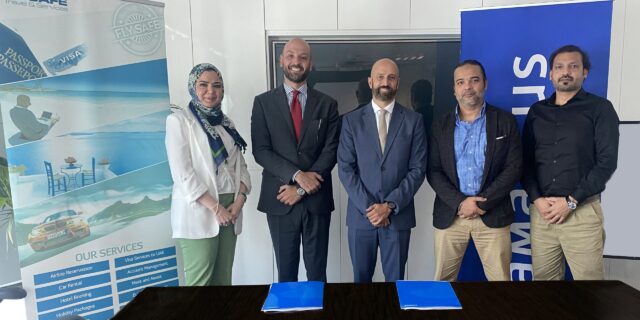Fozia Fareen – Co-Founder at Coral Coast Public Relations
In today\’s fast-paced and interconnected world, media relations play a crucial role in shaping public perception and maintaining a positive image for organizations. Effective media relations can lead to increased brand visibility, improved credibility, and better opportunities for growth.
Our global PR team explore key strategies and best practices for building strong and productive relationships with the media.
Understand the Media Landscape
To establish effective media relations, it is essential to have a comprehensive understanding of the media landscape. Identify relevant media outlets, journalists, and influencers within your industry. Research their areas of interest, preferred communication channels, and recent coverage to tailor your approach accordingly.
Develop Compelling Storytelling
Crafting compelling stories is at the heart of effective media relations. Identify the unique aspects of your organization, such as innovative products, successful projects, or community initiatives. Develop narratives that resonate with your target audience and convey your key messages clearly. Emphasize the human element, as human-interest stories tend to attract media attention.
Rad also: Building Professional Relationships
Build Personal Relationships
Invest time and effort into building personal relationships with journalists. Attend industry events, conferences, and networking opportunities to meet media professionals face-to-face. Establishing personal connections based on trust and mutual respect can greatly enhance your media outreach efforts. Regularly engage with journalists through personalized pitches, updates, and relevant industry insights.
Tailor Pitches to Journalists\’ Needs
Generic mass emails rarely yield positive results. Instead, personalize your pitches based on each journalist\’s interests and beat. Research their previous work and tailor your message to align with their coverage areas. Show that you understand their audience and how your story fits into their narrative. Providing exclusive content or opportunities can further incentivize journalists to cover your organization.
Be Responsive and Accessible
Timely and responsive communication is critical when engaging with the media. Journalists often work on tight deadlines, so it is important to be accessible and readily available for interviews, comments, and inquiries. Respond promptly to media requests, even if it\’s to let them know you\’re working on gathering information. By demonstrating your commitment to cooperation, you enhance your reputation as a reliable source.
Offer Expertise and Insights
Position yourself and your organization as thought leaders by offering expertise and insights on relevant topics. Provide journalists with accurate and insightful information that adds value to their stories. Offer to be a resource for background information, industry trends, or expert commentary. By consistently providing valuable insights, you establish credibility and become a go-to source for media professionals.
Read also: Why PR is Essential for Businesses in Dubai
Monitor and Respond to Media Coverage
Regularly monitor media coverage to stay informed about how your organization is being portrayed. Respond promptly and professionally to any inaccuracies or misrepresentations. Address concerns or issues transparently, demonstrating your commitment to open communication. Engaging in a constructive dialogue with journalists helps build trust and credibility over time.
Develop Crisis Communication Plans
Prepare for potential crises by developing robust crisis communication plans. Identify potential risks and establish protocols for addressing them promptly and effectively. Maintaining open lines of communication with the media during a crisis is crucial for managing public perception and mitigating reputational damage.
How we see Media Relations at Coral Coast Public Relations
Building effective media relations requires a proactive and strategic approach. By understanding the media landscape, crafting compelling stories, building personal relationships, tailoring pitches, being responsive, offering expertise, monitoring coverage, and planning for crises, organizations can establish strong media relations that contribute to their overall success. Remember, media relations should be viewed as a long-term investment, and nurturing these relationships can yield substantial benefits for your organization\’s reputation and growth.




